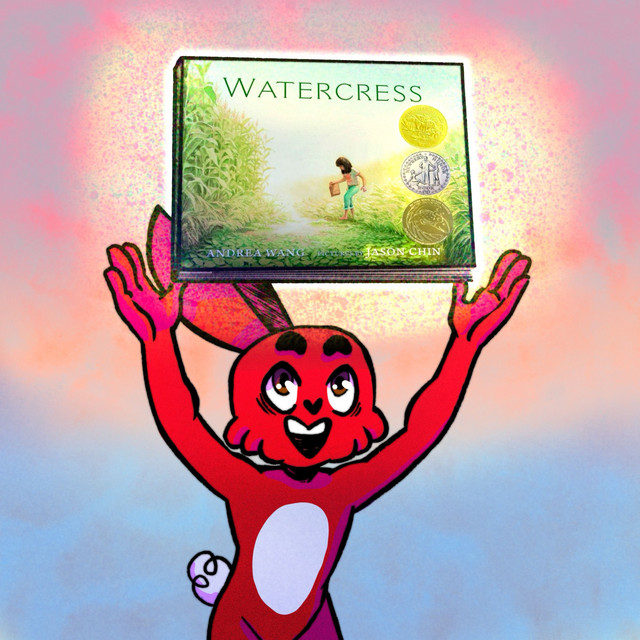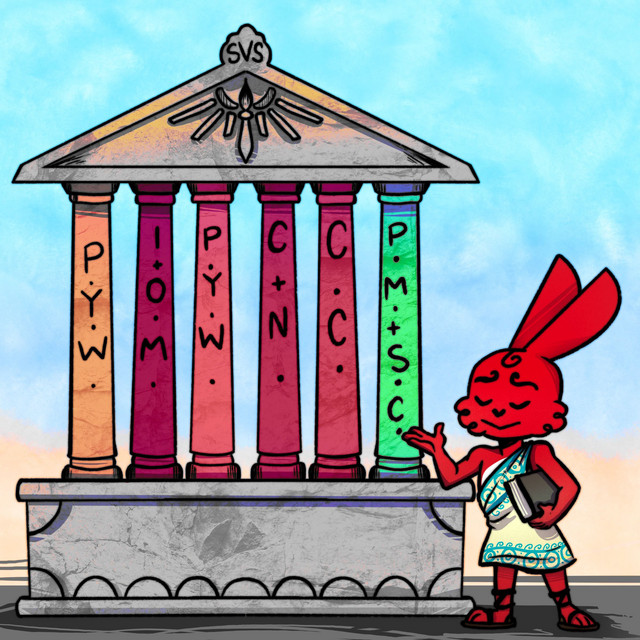
Jeremy asks, “Should I have separate websites for my shop and portfolio?”
This depends on your goals. A print shop feels harmonious with a portfolio and there’s nothing wrong with keeping those two on the same sight. However, if your shop is more merch-centric (think pins, stickers, and t-shirts), it makes sense to host it separately. At the end of the day, there’s not a hard answer, so find the setup that meets your needs.
Amelia asks, “Is learning fundamentals a waste of time when AI is quickly becoming better at the basics than humans?”
If you’re only making art for the end result, you might get what you need from AI, but there’s so much more to art than the final product. Creating art expresses your creativity and teaches you to see the world in new ways. If you rely on AI, you deprive yourself of the satisfaction of bringing your exact vision to life with your own hands. As we move into an increasingly digital age, human-made art will stand out from computer-generated art simply because it is human. Don’t miss out on that experience; learn the fundamentals and then use AI to assist you if you want, but don’t rely on it for everything.
Norman asks, “My wife and I are planning a trip to Japan later this year. This is a vacation but also a research trip. I think this trip will be beneficial and have a lasting impact on my work. I plan to do travel sketches, write, take reference photos, and visit shrines and art museums. Is having receipts, sketches, new work influenced by the trip, and reference photos enough to justify this as a write-off to the government?”
We’re not tax experts and we recommend talking to someone who is before taking any of our advice. We’ve found the most easily deductible travel expenses are for concrete experiences (such as classes or workshops) which have a direct impact on your illustration business. Trips to sketch or get inspired are trickier to deduct and we can’t guarantee you won’t get audited if you attempt to deduct them.







Get the guidance you need on the path to becoming a better illustrator.